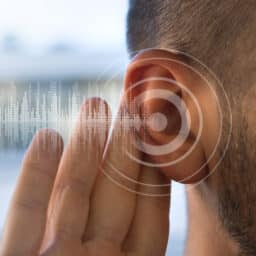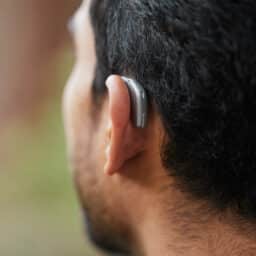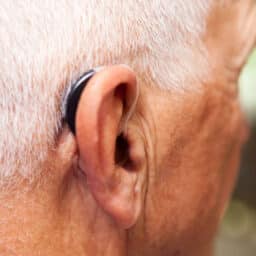How to Prepare Your Child for a Hearing Test: Tips for a Stress-Free Experience

Hearing is essential for children to thrive in school and build friendships, but untreated hearing loss can hold them back. If your child often asks you to repeat yourself or has trouble keeping up with conversations, it’s crucial to address these signs promptly. Although hearing tests are quick and painless, helping your child to feel…
Can Hearing Loss Be Reversed

More than one in 10 people in the United States experience some form of hearing loss, ranging from mild to severe. Once hearing loss occurs, it often cannot be reversed, but there are some surgeries that can help improve hearing. It’s helpful to understand the types of hearing loss to be educated on how to…
What To Know About Adjusting Your Hearing Aid Settings Remotely

There are approximately 28.8 million people in the United States alone who could benefit from hearing aids. These tiny but advanced devices collect and amplify speech and significant background noise to improve your life with hearing loss. One exciting new development in hearing aids is the ability to adjust them remotely, ensuring your devices are…
Signs of Hearing Loss in Musicians
For musicians, the ability to hear and interpret sounds is essential to their craft. However, music can also pose a threat to their hearing health. Let’s explore why musicians may experience hearing loss and understand preventative measures they can take. Understanding Hearing Loss in Musicians Musicians are at a heightened risk of hearing damage due…
What To Know About Aural Rehabilitation Programs

Approximately 15% of U.S. adults report some trouble hearing. While hearing loss is extremely common, everyone’s experience is different. For some people, managing their condition with hearing aids alone may be sufficient. For others, a combination of hearing aids and aural rehabilitation is the best route. What Is Aural Rehabilitation? When you live with untreated…
How AI Hearing Aids Can Transform Your Life

In recent years, artificial intelligence (AI) has become a buzzword in tech, healthcare, transportation and more. While AI’s association with virtual assistants and self-driving cars might dominate headlines, there’s another area where this cutting-edge technology can help transform your life: hearing aids. Nearly 20% of the global population lives with hearing loss, and for many,…
Understanding Selective Attention Hearing

The concept of “selective hearing” is often associated with a negative connotation, implying that someone only hears what they want to hear. Selective attention hearing, however, is actually an indispensable skill for communication. This phenomenon, also known as the “cocktail party effect,” refers to the ability to isolate and focus on a specific sound amidst…
What To Know About Hearing Aid Technology in 2024

Hearing aids significantly enhance auditory precision and volume, enriching the lives of countless individuals. Indeed, it’s estimated that about 28.8 million Americans could improve their social engagement and overall life satisfaction through the use of hearing aids. To keep pace with these needs, hearing aid technology is constantly evolving. For current and prospective hearing aid…
What To Know About Managing Somatic Tinnitus

Broad tinnitus refers to the presence of a ringing, buzzing or whooshing sound in the ears without an external source. Somatic tinnitus, a subsect of the condition, affects approximately 65% of those with broad tinnitus. With somatic tinnitus, the internal ringing is triggered by head, body and eye movements. Somatic tinnitus presents unique challenges beyond…
When Should You Carry Earplugs?

Hearing loss can occur progressively due to exposure to loud noises over time, or it can happen suddenly due to a particularly loud noise. The louder the noise, the quicker it can cause damage to your hearing. For instance, sounds above 70 decibels (dB) could initiate hearing damage over a period of time, while sounds…
